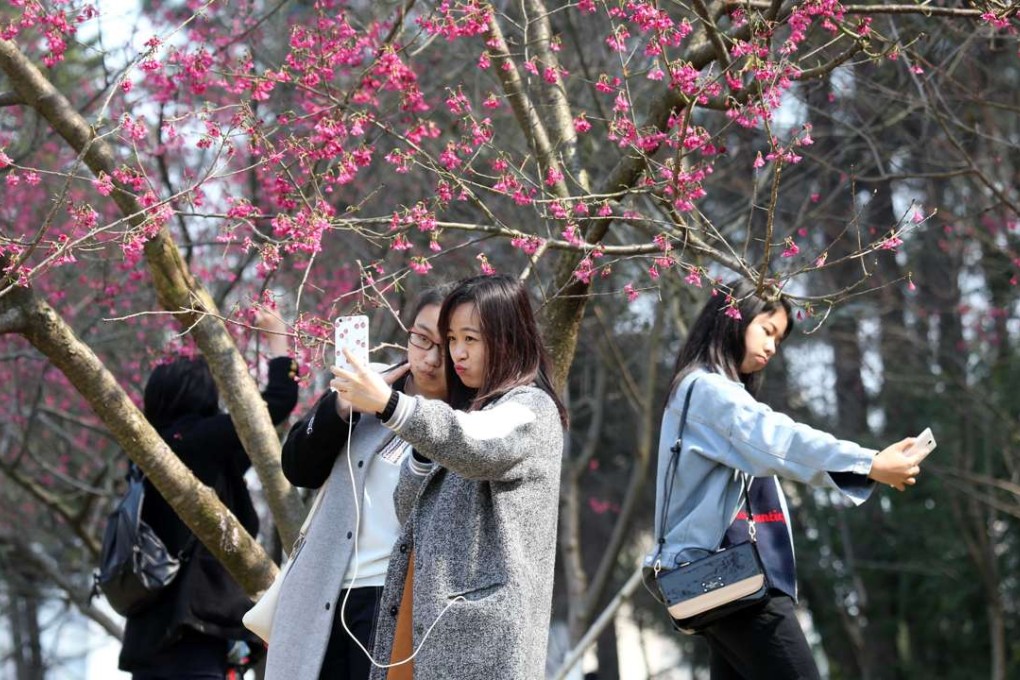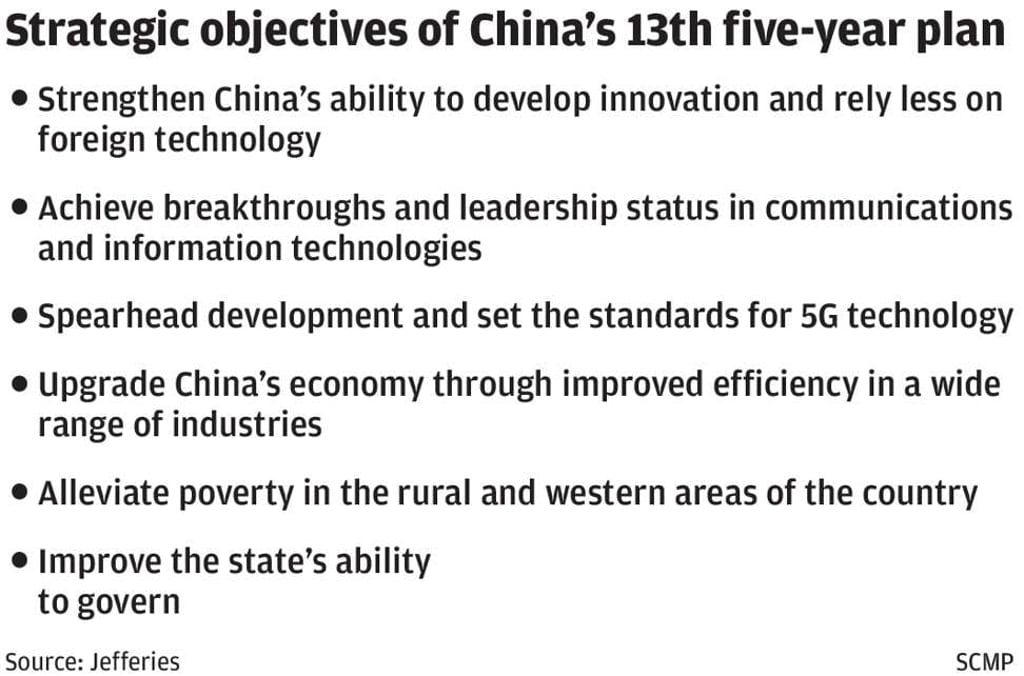Why government policy has a bigger impact on China’s telecoms industry than market competition

Expectations of a moderately good year for investors in China’s “big three” telecommunications service providers may have been thrown out of the window this week, following Premier Li Keqiang’s call to accelerate the pace of network performance upgrades and tariff reductions across the country.
The U-turn in investor sentiment can be traced to what is known as national service, which compels state-owned telecommunications companies to put the government’s development goals ahead of their market interests.
In his presentation of this year’s Government Work Report to the National People’s Congress last Sunday, Li directed China Mobile, China Unicom and China Telecom to remove all domestic long-distance and mobile roaming fees by the end of this year, significantly cut internet connection and leased line charges for small and medium-sized enterprises (SMEs), and reduce international long-distance tariffs.
Less than 24 hours later, all three Hong Kong-listed network operators rushed to make separate regulatory filings to pledge their commitments to the latest iteration of Li’s ambitious “raise speed, drop prices” initiative, which he introduced in 2015.
They are utilities, and as such, will continue to grow at mid-single digits and generate stable returns
The three companies, with a combined 1.3 billion mobile subscribers as of January 31, affirmed that they will cancel domestic long-distance and roaming fees from October 1, as well as substantially lower dedicated internet tariffs for SMEs and cut international long-distance rates.
